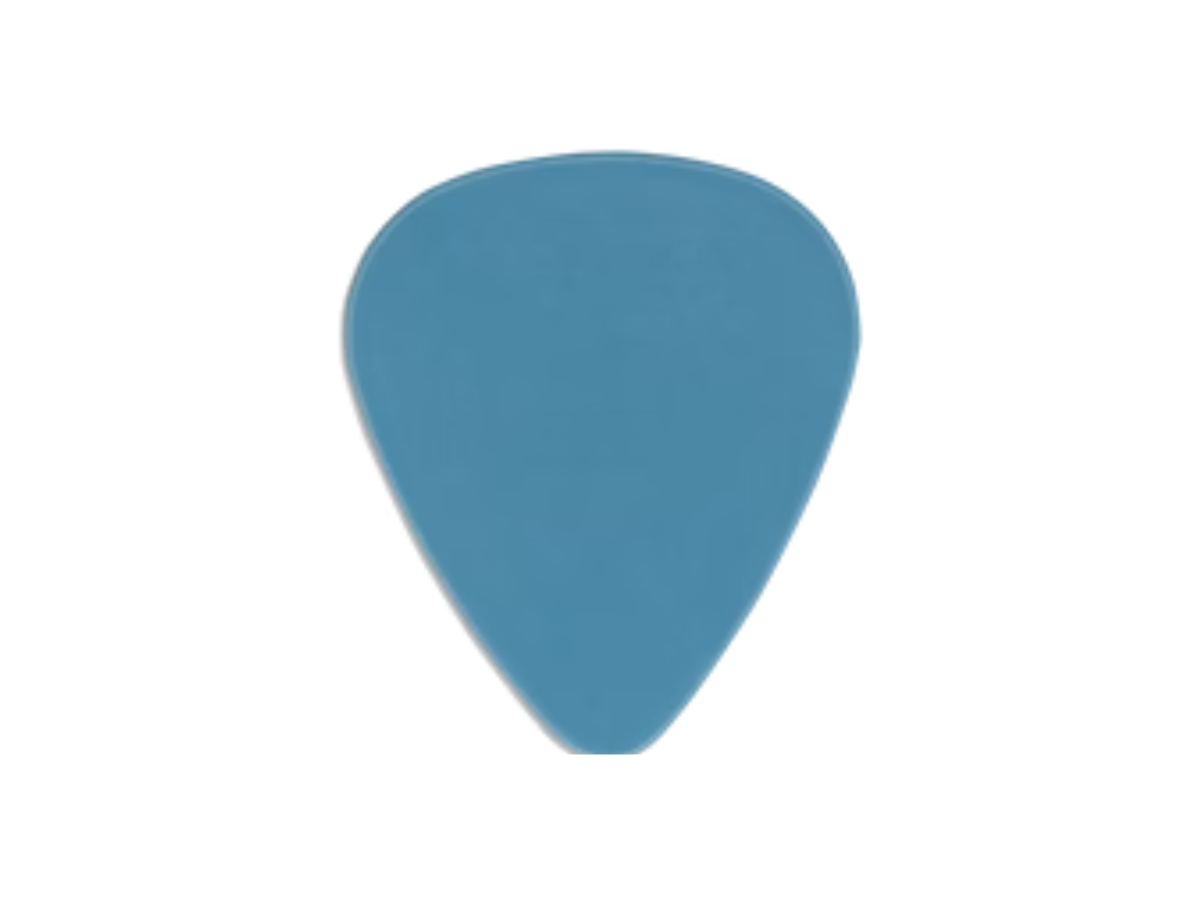In recent years, musicians and brands alike have become more conscious of their environmental impact — and guitar picks are no exception. From the choice of materials to the way they’re manufactured, even a small accessory like a pick can make a big difference for sustainability. Today, guitarists are looking for ways to play their music without harming the planet, and one emerging trend is the adoption of eco-friendly designs, including smaller jazz picks that combine precision playing with a reduced environmental footprint. With innovators like Pick World offering customizable, sustainable options, it’s now easier than ever to align your music gear with your values.
Why Sustainability Matters in Music Gear
The music industry, like many others, generates waste through mass production, packaging, and short product lifespans. Guitar picks are often made of plastics that take centuries to decompose, and millions are discarded every year. While one pick might not seem like much, collectively they contribute to plastic pollution. Choosing eco-friendly options allows musicians to reduce their impact without sacrificing playability or style. The goal is to make music while respecting the planet.
Understanding the Environmental Impact of Traditional Picks
Traditional guitar picks are commonly made from celluloid, nylon, or Delrin — all petroleum-based materials that rely on non-renewable resources. While these materials are durable and produce great tone, they pose challenges when it comes to disposal. Celluloid, for example, is flammable and degrades poorly in natural environments. Nylon and Delrin can persist in landfills for decades or even centuries. Recognizing these issues has sparked interest in alternative, greener materials.
Sustainable Materials for Guitar Picks
The shift toward eco-friendly picks has introduced a variety of sustainable materials, such as:
· Wood – Naturally biodegradable and available in beautiful grain patterns, wooden picks offer a warm tone and unique look.
· Bamboo – A fast-growing, renewable resource that is lightweight yet durable.
· Recycled Plastics – Reducing waste by reusing materials that would otherwise end up in landfills.
· Organic Compounds – Such as plant-based polymers that mimic the durability of traditional plastics while being compostable.
· Metal – While not biodegradable, metals like brass or stainless steel are long-lasting, reducing the need for frequent replacements.
Each material offers its own tonal qualities, lifespan, and environmental benefits, giving guitarists the freedom to choose what works best for their playing style and sustainability goals.
The Rise of Smaller Picks in Sustainable Design
When it comes to sustainability, size matters too. Smaller jazz picks not only cater to guitarists who prefer precision and speed, but they also require fewer raw materials to produce. This means less resource extraction and reduced waste during manufacturing. Their compact size also makes them easier to carry in bulk, lowering the need for excessive packaging. Combining eco-friendly materials with smaller designs maximizes both playability and environmental responsibility.
Balancing Tone and Sustainability
Some musicians worry that switching to sustainable picks might compromise their tone or feel. However, advances in material technology have made it possible to create eco-friendly picks that match — and sometimes even enhance — the performance of traditional ones. Bamboo, for instance, can offer a crisp attack, while recycled materials can be engineered to mimic the flexibility and grip of classic plastics. The key is to test a few options until you find the perfect balance between sound quality and environmental benefit.
Customizing Your Eco-Friendly Pick
Eco-friendly doesn’t mean boring. Modern customization techniques allow musicians and brands to add logos, colors, and even textured grips to sustainable picks without compromising their green credentials. Whether you want a polished wood finish, engraved lettering, or vibrant printed designs, today’s sustainable picks can look just as striking as their conventional counterparts. Custom options also make them ideal for band merch, giveaways, and branded promotions.
Longevity and Reusability
An often-overlooked aspect of sustainability is product lifespan. Picks that last longer naturally reduce the frequency of replacements and, by extension, waste production. Many sustainable materials — like hardwoods or metals — are highly durable, meaning they can be used for months or even years before wearing out. While the upfront cost may be slightly higher, the long-term value and reduced environmental impact make them a smart investment for eco-conscious musicians.
How to Care for Eco-Friendly Picks
Sustainable picks require proper care to maintain their quality. Wooden picks should be kept dry and occasionally oiled to prevent cracking. Recycled plastic picks benefit from being stored in cases to avoid warping. Metal picks may need occasional polishing to maintain their shine. Treating your picks well not only extends their lifespan but also ensures they deliver consistent performance over time.
The Bigger Picture: Sustainable Music Culture
Choosing eco-friendly picks is a small step in a larger movement toward sustainable music culture. Musicians can also reduce their footprint by choosing energy-efficient equipment, supporting ethical manufacturers, and promoting environmental awareness through their art. Every decision — no matter how small — contributes to a collective effort to protect the planet while keeping the music alive.
Conclusion
The guitar pick may be a tiny tool, but its potential for positive change is huge. By embracing sustainable materials, opting for designs like smaller jazz picks, and working with trusted names like Pick World, musicians can make environmentally responsible choices without compromising on style or performance. The next time you reach for a pick, remember — it can be more than just an accessory; it can be a statement about the kind of world you want to create.






Comments